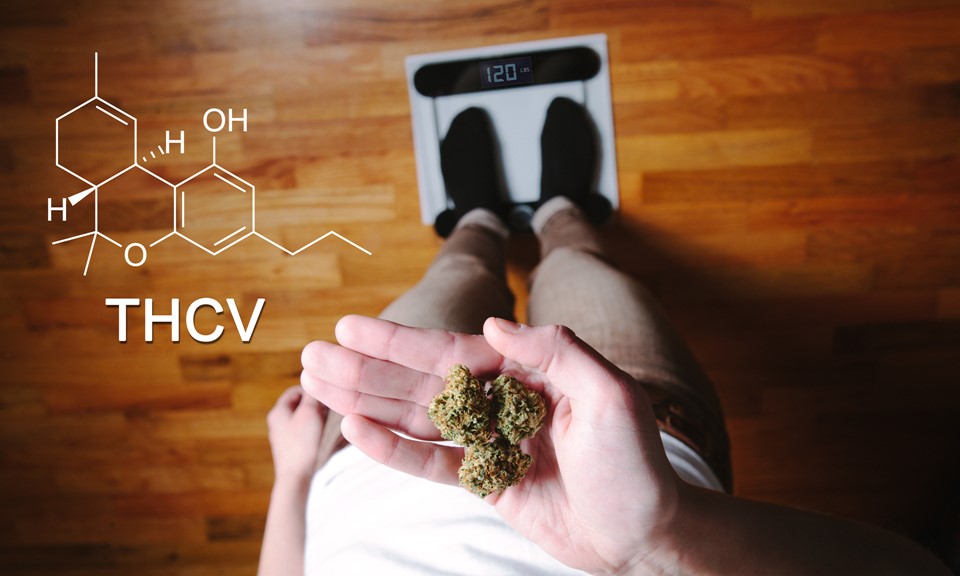Tetrahydrocannabivarin (THCV) is a cannabinoid compound discovered in marijuana and hemp plants. It's chemically similar to tetrahydrocannabinol (THC) but with some crucial distinctions. Here's whatever you need to understand about THCV including the risks, benefits, differences, and similarities with other types of THC and more. What Is THCV? THCV is a less typical cannabinoid found in some pressures of marijuana, specifically African sativa.
 What is THCV? Understanding “Diet Weed” - Elevate Holistics
What is THCV? Understanding “Diet Weed” - Elevate Holistics
 What Is THCV (Tetrahydrocannabivarin) And What Does It Do?
What Is THCV (Tetrahydrocannabivarin) And What Does It Do?
 THCV: Everything You Need to Know CannaMD
THCV: Everything You Need to Know CannaMD
THCV has a 3-carbon side chain instead of THC's 5-carbon side chain. This difference is subtle, however it has an obvious effect on the result profile. THCV is somewhat psychedelic however just about and about. What Does THCV Feel Like? THCV has a strong energy-boosting part to it, which makes it especially popular amongst trainees and athletes.
In the United States, THCV guideline is nuanced. THCV is not a Schedule I Drug, but marijuana extracts are making it rather uncertain what the federal position is on THCV. The 2018 Farm Expense mentions that hemp plants and all derivatives of the plants are legal on a federal level, a lot of companies comply with this law and still offer THCV to clients by only extracting the compound from hemp plants.
If THCV is thought about a THC analog, it might be managed in the future by the same guidelines as THC under the Federal Analog Act. This act mentions that any substance that shares a similar molecular profile as a recognized prohibited substance it's consisted of in the same drug Set up category.
What Are the Results of THCV? Supporters of THCV report that it produces an extreme burst of energy and makes them feel euphoric without the psychological cloudiness triggered by THC. The effects are super moderate compared to THC. The results are practically exclusively cognitive yet in some way have extremely little impact on headspace.
2. THCV & Hunger Some THCV users declare that it curbs their appetite. This is a common effect of other focus-enhancing compounds too. It's as though THCV eliminates the interruption of other physical procedures (like appetite) in order to protect resources and attention to cognitive tasks rather. How Does THCV Work? Cannabinoids produce biological results in the body by connecting with endocannabinoid receptors.
CB1 receptors lie in the nerve system and communicate with neurotransmitters in the brain to produce mind-altering effects. Interaction with CB1 websites is what gives some cannabinoids like THC their psychoactivity. THCV is a bit tricky to comprehend because it's primarily a CB1 antagonist, implying it has the opposite impact as THC.
While scientists are still looking for to comprehend this procedure, it appears THCV is able to obstruct the effects of CB1 in low doses and promote them in high dosages. CB2 receptors are discovered mostly in the body immune system. THCV is a partial agonist of CB2, however the results of this partial activity aren't widely known, and it relatively has no discernible effect on THCV users' experience.
As discussed in the previous area, THCV is a CB1 villain in low dosages which is the precise opposite result of delta 8 and delta 9 THC. This could imply that THCV counteracts a few of the psychoactive effects of THC. This effect could describe why individuals who utilize THCV feel so clear-headed especially compared to the infamous "fogginess" induced by delta 9 THC.